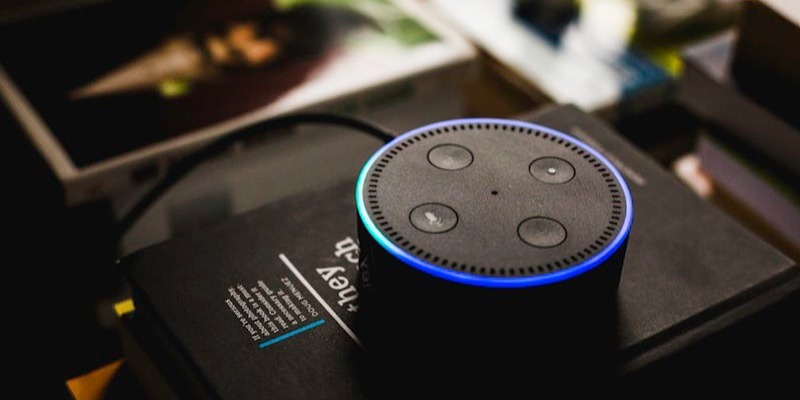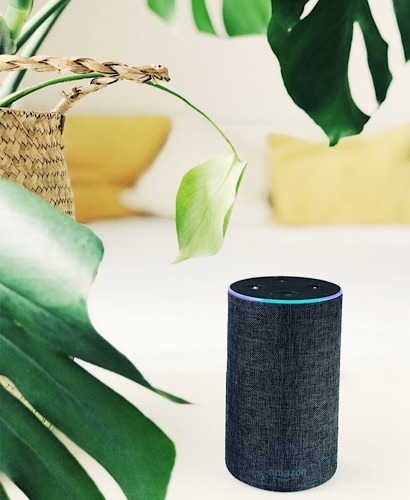
Last year Apple made a big splash when they announced that a new feature of their Apple Watches would be the ability to help predict heart difficulties, such as atrial fibrillation.
Now smart speakers may be getting in that game as well. Researchers have developed a smart speaker tool that could warn others that you could be having cardiac arrest.
Life-Saving Smart Speaker Tool
While smart speakers have been taking a beating lately with regard to their vulnerabilities, University of Washington researchers created an artificial-intelligence tool for smart speakers that could warn emergency services that you are about to have a heart attack.
When a person is going through sudden cardiac arrest, they will begin by struggling with irregular gasps of breath. That is what is known as agonal breathing. Because of this, they may be unable to speak yet may also be alone at a time when every moment counts and when they are in need of life-saving medical help.
This smart tool that was created by the researchers for smart speakers and possibly smartphones as well. It would be listening for those changes in your breathing. Should it recognize something irregular, emergency services or possibly your loved ones would be alerted to send help.
“This kind of breathing happens when a patient experiences really low oxygen levels, explained Dr. Jacob Sunshine, an assistant professor of anaesthesiology and pain medicine.
“It’s sort of a guttural gasping noise, and its uniqueness makes it a good audio biomarker to use to identify if someone is experiencing a cardiac arrest.”
This tool was developed by using the real recordings of agonal breathing that were captured during emergency calls that were received through Seattle’s Emergency Medical Services.
2.5-seconds of audio were clipped from calls that were recorded on different smart devices between 2009 and 2017. The devices included an Amazon smart speaker, as well as an iPhone and Samsung Galaxy.

To be sure the tool learned to listen for these sounds in normal everyday conditions, these audio clips were played back from different distances and also had background noises, such as a barking dog or honking car, added. Normal sleeping noises, including snoring and sleep apnea, were added as well to help distinguish real cardiac arrest.
Ninety-seven percent of the time the tool was able to detect agonal breathing with the smart speaker or other devices up to six meters away, according to the researchers.
“A lot of people have smart speakers in their homes, and these devices have amazing capabilities that we can take advantage of,” said Shyam Gollakota, co-corresponding author and associate professor at the University of Washington.
“We envision a contactless system that works by continuously and passively monitoring the bedroom for an agonal breathing event and alert anyone nearby to come provide CPR,” he continued. “This could run locally on the processors” that are in an Amazon, Google, or other smart speaker.
“It’s running in real time, so you don’t need to store anything or send anything to the cloud,” he noted.
More work is needed to avoid false alarms to emergency services. “We don’t want to alert either emergency services or loved ones unnecessarily, so it’s important that we reduce our false positive rate,” added the first author, doctoral student Justin Chan.
Does This Cancel Out Security Vulnerabilities?
We’ve been hearing about security vulnerabilities, particularly with Amazon Echos that utilize the Alexa virtual assistant. We know that they’re always listening and absorbing all the information that they hear, which is many times private information that we don’t want saved on servers somewhere.
However, this is a good use for Alexa. It’s good for it to be listening if it could potentially save your life. Yet, it doesn’t negate the times we don’t want Alexa to be listening. Perhaps they can find a way for it to have safer listening to not make you vulnerable yet also potentially save your life.
Would a smart speaker possibly alerting you of a cardiac arrest increase your desire to buy one? Tells us your thoughts and concerns in the comments below.







